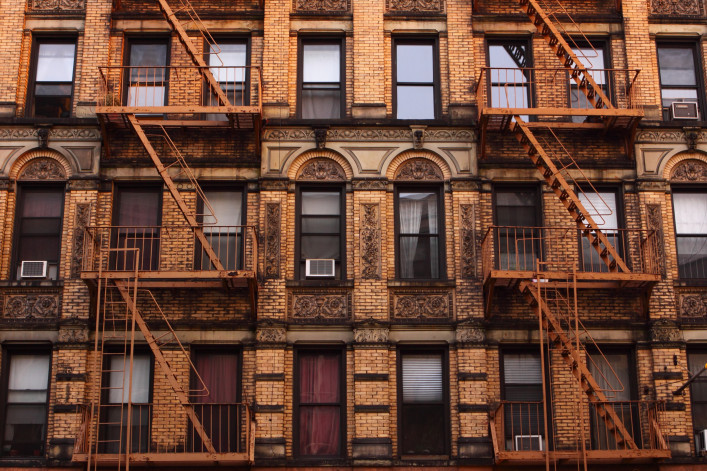The building’s broken pipes are forcing me out of my apartment. Can I get my co-op board to buy me out?
- While you can certainly ask your board to buy you out, it’s unlikely they’ll agree or offer you a high price
- Your board would probably be more willing to fix the maintenance problem than purchase your unit

You may want to consult with a lawyer if you want your board to buy you out.
iStock
I am a shareholder in a studio co-op in Queens, New York. Since I’ve been living in my unit, the building's heating pipes that run under my floor have been bursting and leaking hot air into my floors, forcing me to leave twice while a repair person fixed the issue. The pipes leaked again this month, and I've requested that my co-op buy me out so I can move. Do I have the right to ask the co-op board/management to buy me out? How would I go about that process, if it's possible?
You can certainly ask your co-op board to buy you out, but it’s unlikely they’ll agree, according to our experts. It’s also unlikely that they’ll give you the price you want.
“Buyouts are inherently hard to get effected because most co-ops are not interested in holding ownership over an apartment,” says Dean Roberts, an attorney at Norris McLaughlin. “By definition, it is going to create a gap in what the co-op thinks the apartment is worth and what the shareholder thinks it is worth.”
It is extremely rare for a shareholder to negotiate a buyout, Roberts says. In his more than 30 years in law, he’s only worked on two cases where a resident requested that their board purchase their unit. Steve Wagner, an attorney at Adam Leitman Bailey P.C., says he’s only seen a buyout a handful of times.
Likely a pricing mismatch
Typically, a co-op board would rather fix the maintenance problem than purchase the apartment, especially because they’d have to repair the unit if they wanted to rent it out or sell it anyway, Wagner says.
Plus, the board would have to justify its purchase to the rest of the co-op, and figure out how to pay for it, Roberts says. While the board could take out a line of credit or dip into their reserve funds, doing so wouldn’t make much financial sense unless you were willing to sell your unit at a very low price, he added.
“Buyouts are hard to negotiate because it’s tough to find an agreeable price and tough to figure out how to pay that price,” Roberts says.
Getting leverage
One option is to threaten to sue. You could argue that the damaged pipes are so intolerable that you’re essentially forced out of your apartment, something termed a constructive eviction. However, the apartment must be “genuinely unusable” for that argument to hold up in court, Roberts says.
“Constructive eviction [is] a high standard,” Roberts says. “If there’s a foot of water in the apartment and the pipes blow out every week, then you could make it, as opposed to the corner of the dining room floor that has a stained tile.”
Lawyering up
It’s best to consult with an attorney before considering this course of action, says Bruce Cholst, a partner at Herrick Feinstein. That attorney could then send a letter to the board laying out the maintenance problem, stating that you intend to sue, and give them a deadline to respond.
If you move forward with this plan, you should be prepared to follow through on your threat, Cholst says. Litigation is a time-consuming, expensive, and extreme option, so don’t make this decision lightly.
Trouble at home? Get your NYC apartment-dweller questions answered by an expert. Send your questions to [email protected].


























